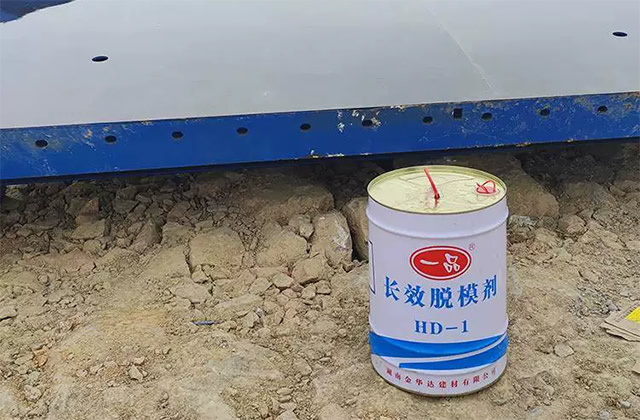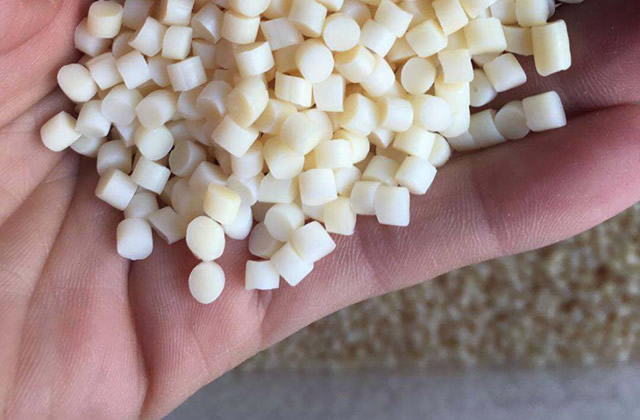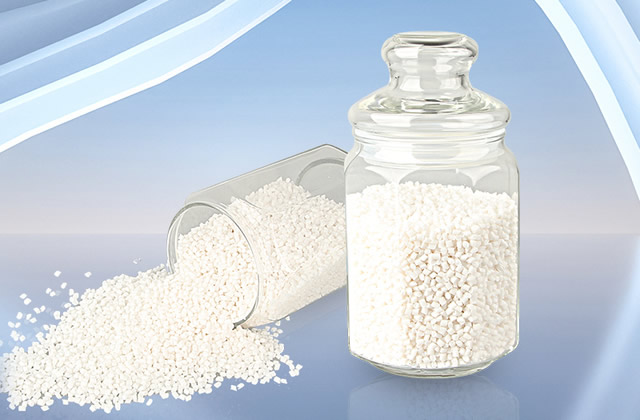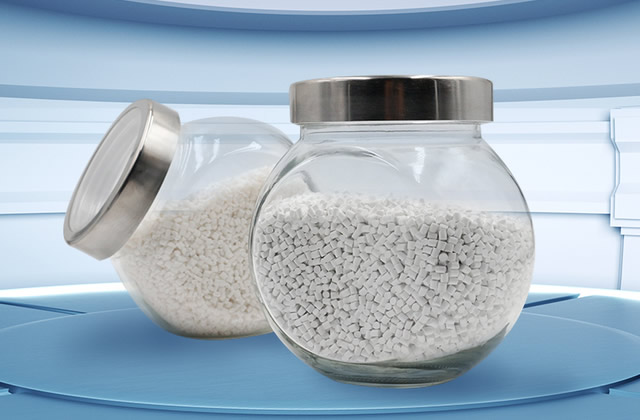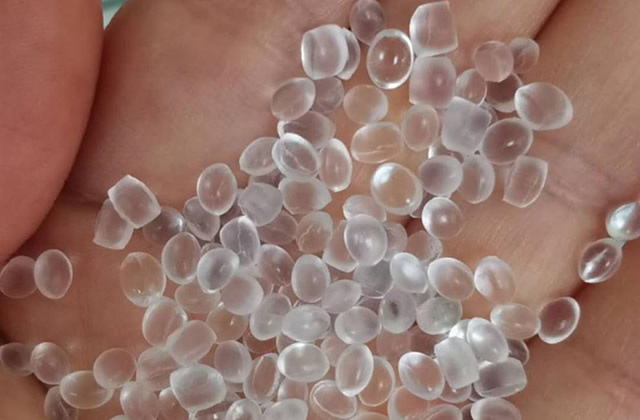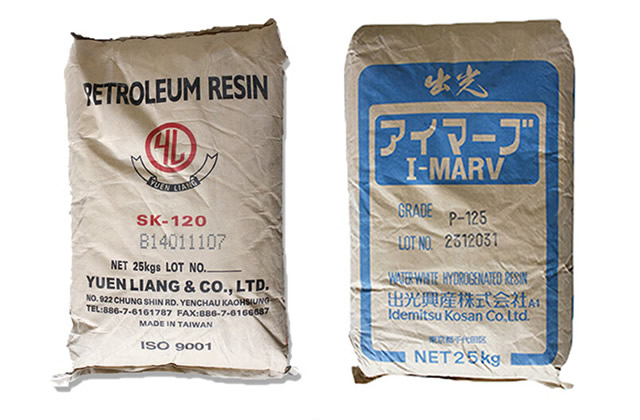1. Is aluminum hydroxide a precipitate?
Aluminum hydroxide is a precipitate, and the precipitation form of aluminum hydroxide is a white colloidal precipitate. Aluminum hydroxide is a white powder. Colloidal precipitate is generally not formed by the dissolution of aluminum hydroxide, but by the hydrolysis reaction of aluminum salts. The presence of a large amount of hydroxide negative ions will produce a suspension of aluminum hydroxide, which has no water purification ability. The presence of a small amount of hydroxyl radicals can form aluminum hydroxide colloids, which have a larger surface area and can purify water.
2. The functions and uses of aluminum hydroxide

Aluminum hydroxide is used as a flame retardant additive and the main component of some drugs.
1. Industrial use
(1) Aluminum hydroxide is the largest and most widely used inorganic flame retardant additive. As a flame retardant, aluminum hydroxide is not only flame retardant, but also prevents smoke, dripping, and toxic gases. Therefore, it is widely used and its usage is increasing year by year.
(2) The scope of use of aluminum hydroxide also includes: thermosetting plastics, thermoplastic plastics, synthetic rubber, coatings and building materials and other industries. At the same time, aluminum hydroxide is also the basic raw material of aluminum fluoride necessary for the electrolytic aluminum industry, and aluminum hydroxide is also widely used in this industry.
2. Medical uses
(1) Aluminum hydroxide is often used in medical treatment to treat hyperacidity. The main component of gastric acid is hydrochloric acid. Aluminum hydroxide reacts with gastric acid to form non-toxic and harmless aluminum chloride and is excreted from the body.
(2) Aluminum hydroxide is a typical and commonly used antacid, which has the functions of antacid, adsorption, local hemostasis and protection of ulcer surfaces.
(3) A small amount of aluminum hydroxide is converted into soluble aluminum chloride in the stomach, which is absorbed from the gastrointestinal tract and excreted in the urine. Most of them are excreted in the feces in the form of aluminum phosphate, aluminum carbonate and fatty acid salts; aluminum hydroxide takes effect slowly, and the duration of its action in the stomach is related to the speed of gastric emptying.
3. Contraindications for the use of aluminum hydroxide
1. Patients with fractures should not take it.
2. Patients with hypophosphatemia (such as malabsorption syndrome) should not take it.
3. It should not be used by premature babies and infants (because infants and young children can easily absorb aluminum and may cause aluminum poisoning).
4. People with insufficient secretion of bile, pancreatic juice and other strong alkaline digestive juices or excretion disorders should not use it.
If the website content violates your rights, please contact us to delete it。



